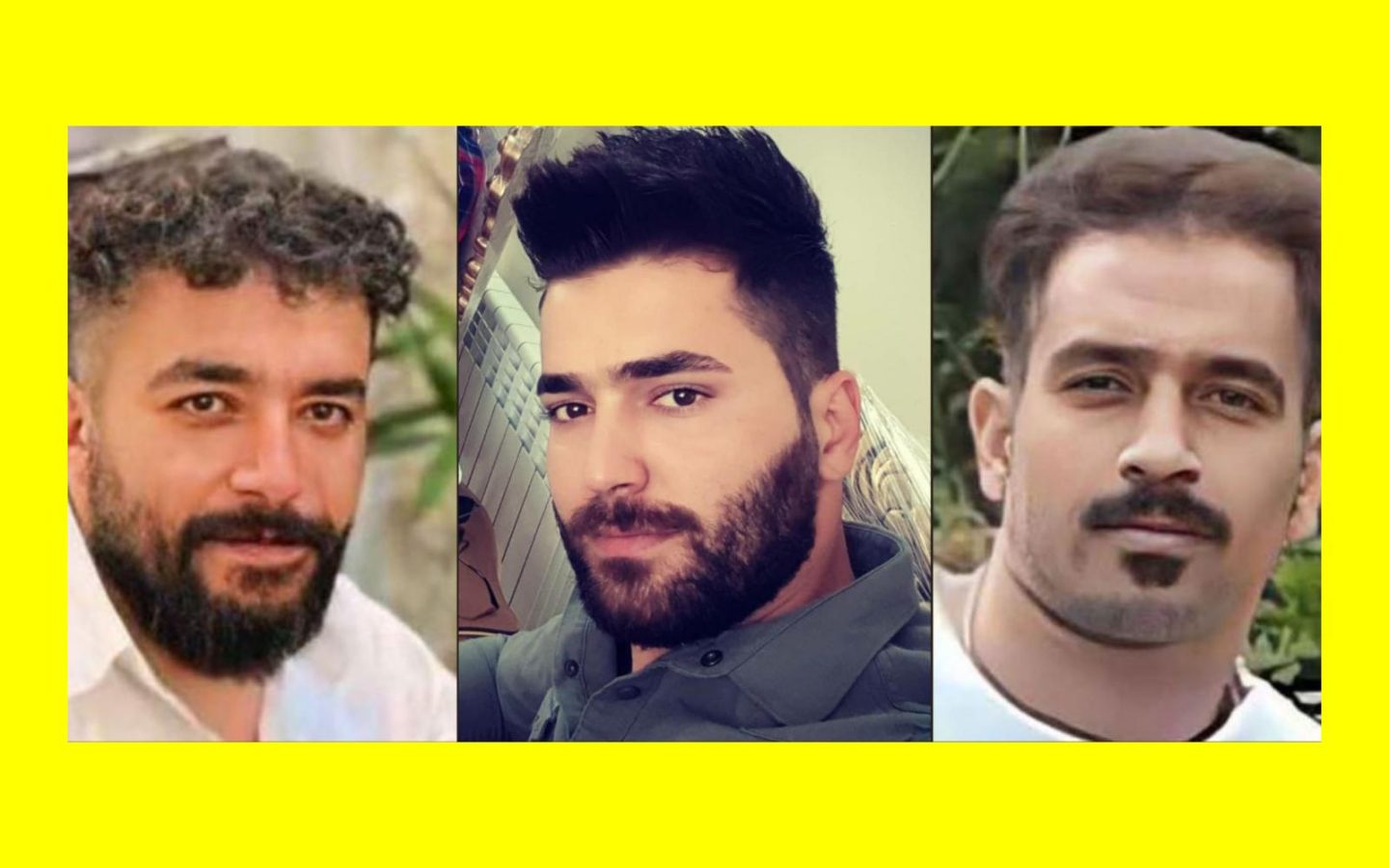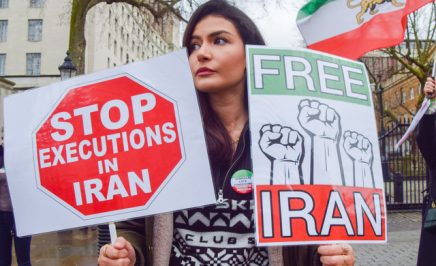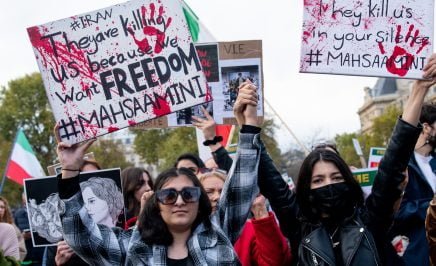Content warning: The following discusses the executions of Iranian protesters. If this news has raised anything for you, please call Lifeline on 13 11 14. Please read with care.
What happened?
In November 2022, Majid Kazemi, Saleh Mirhashemi and Saeed Yaghoubi were arrested following their participation in protests in Esfahan city amid the nationwide protests triggered by the death in custody of Mahsa Amini.
According to informed sources, the three men were subjected to torture while forcibly disappeared and forced to make incriminating statements. This formed the basis of the criminal case against them.
Amnesty campaigned for Majid, Saleh and Saeed, calling on authorities to quash their death sentences.
On 10 May, the Supreme Court upheld their sentences despite due process violations, significant procedural flaws, lack of evidence, and torture allegations that were never investigated.
On Friday 19 May, Majid, Seleh and Saeed were executed in the early hours of the morning.
Death penalty and executions in Iran
Courageous Iranians are taking to the streets to stand up for equality. They face a violent crackdown from the authorities – protesters have been executed and sentenced to death.
“These executions are designed by the Iranian authorities to send a strong message to the world and the people of Iran that they will stop at nothing to crush and punish dissent.”
Diana Eltahawy, Amnesty International’s Deputy Director for the Middle East and North Africa
Amnesty’s latest death penalty report recorded 576 executions in Iran last year – an 83% increase on the previous year. Five of those executions included children who were under the age of 18 at the time of the offence for which they had been convicted.
Amnesty’s campaign to end the death penalty
Our resolve to abolish the death penalty – in Iran and across the globe – only grows stronger in times like these.
When Amnesty first started campaigning against the death penalty back in 1977, only 16 countries had abolished it. According to ‘Amnesty International Global Death Penalty Report: Death Sentences and Executions 2022‘, as of December 2022, 112 countries have abolished the death penalty for all crimes, and another 32 countries no longer perform executions.
A world without the death penalty is within reach, but the fight for it must continue.
People power – your action is more important than ever
We stand in solidarity with the loved ones of Majid, Seleh and Saeed, and the brave people of Iran who continue to fight for their human rights in the face of such brutal repression — when you stand with them, you stand for humanity and justice.
In Australia, Majid’s cousin Mohammed was, and remains, a relentless advocate for his cousin. In Iran, courageous protesters and the families of people sentenced to death continue to protest outside the prisons – despite risks to their own lives.
Amnesty remains concerned that at least seven people in Iran remain at risk of execution for taking part in protests. We are also concerned that Majid’s brother was arrested following his execution. We continue to call on the Iranian authorities to release him immediately, and to halt the executions of anyone charged in relation to their participation in a protest.
“The Iranian authorities must understand, in no uncertain terms, that the world will not simply stand by as they intensify their use of the death penalty as a tool of political repression.”
Diana Eltahawy, Amnesty International’s Deputy Director for the Middle East and North Africa
When courageous people protest, they make the world a better place. We must protect the right to protest wherever it is restricted and whenever it is at risk. Learn more about our right to protest campaign work.
Find out more about Amnesty International Australia’s campaign to end the death penalty and how you can help save lives today. Together, we can keep up the momentum for the global abolition of the death penalty.









